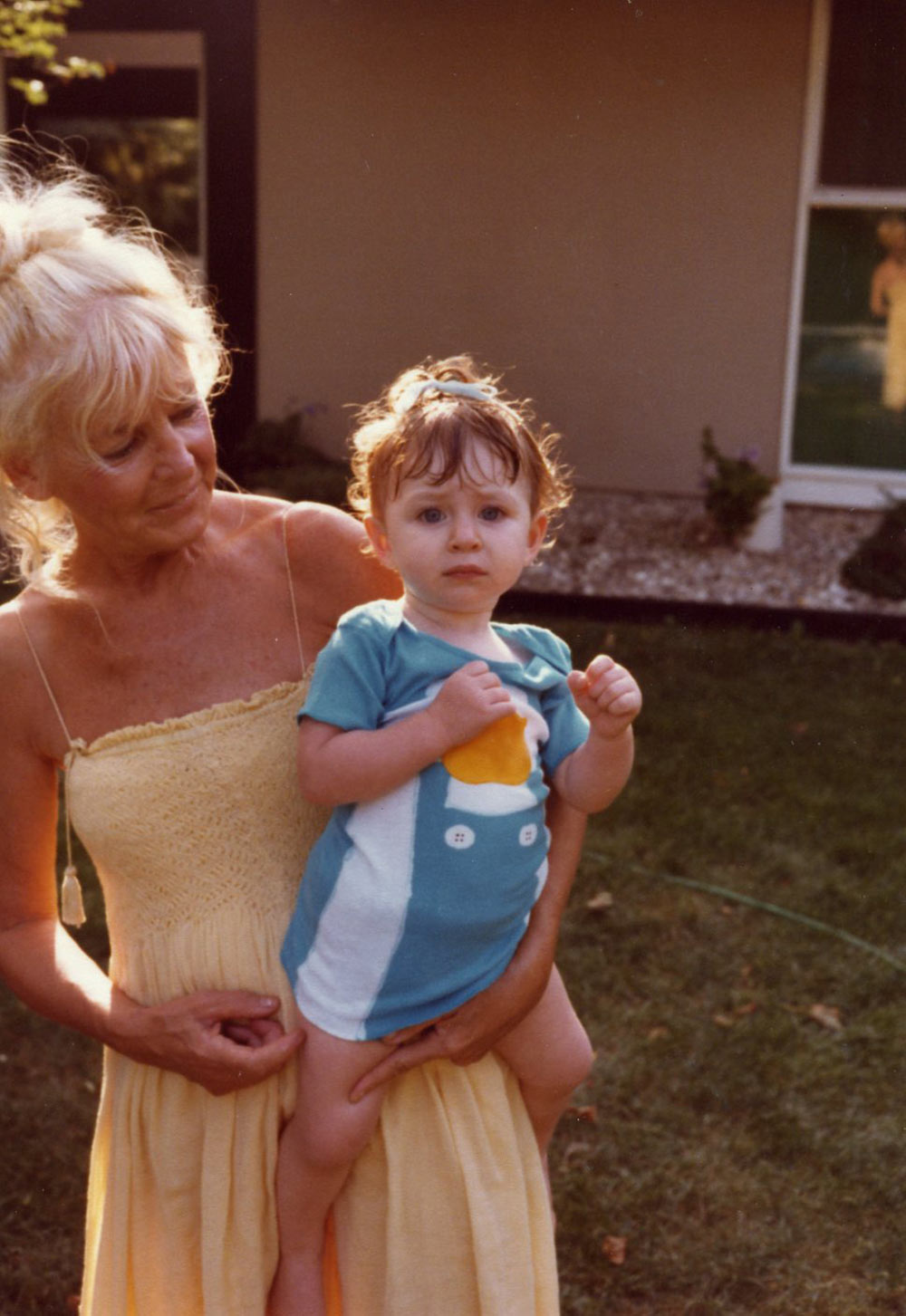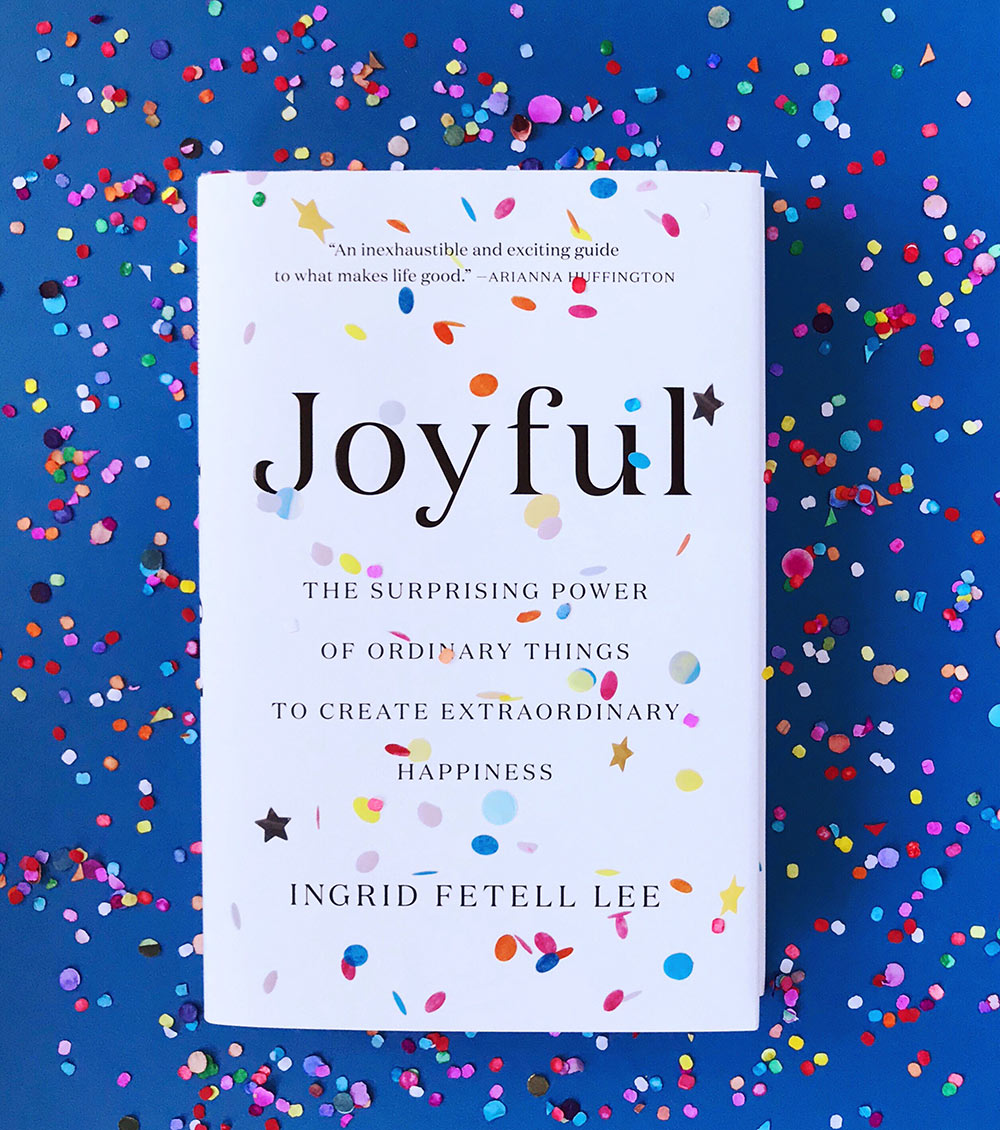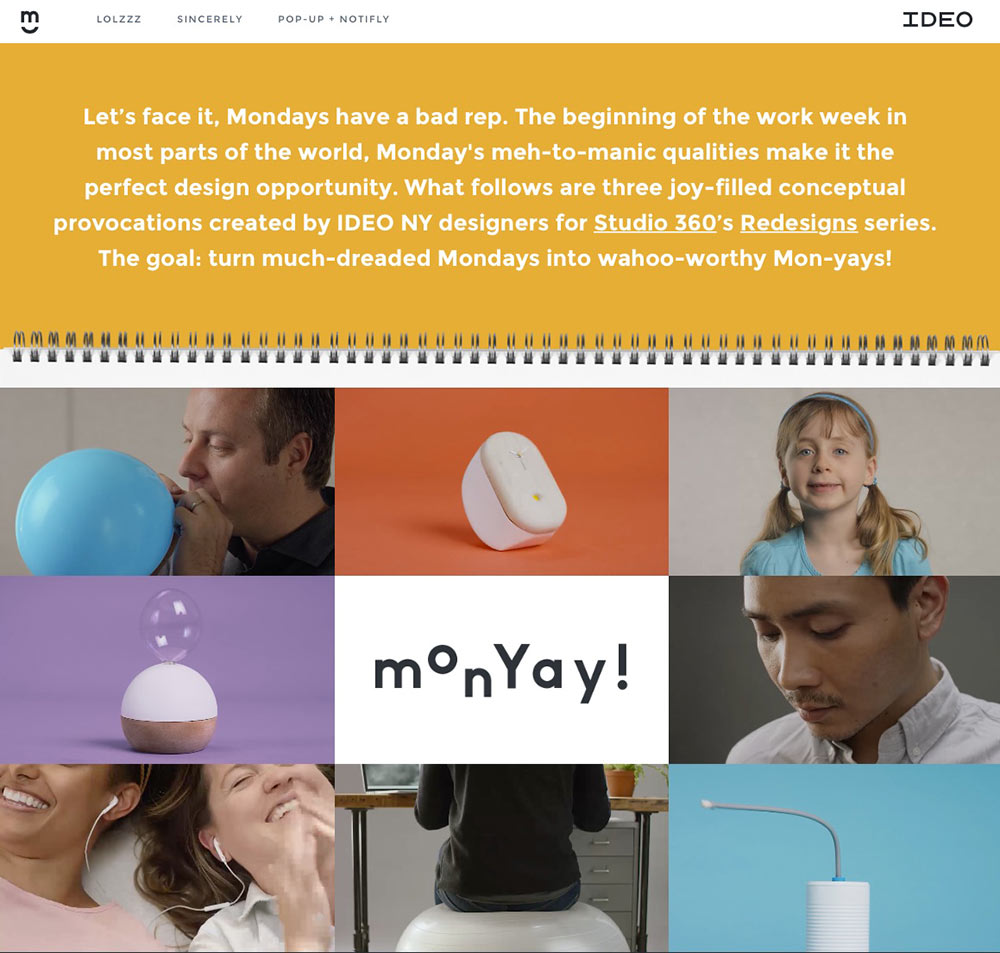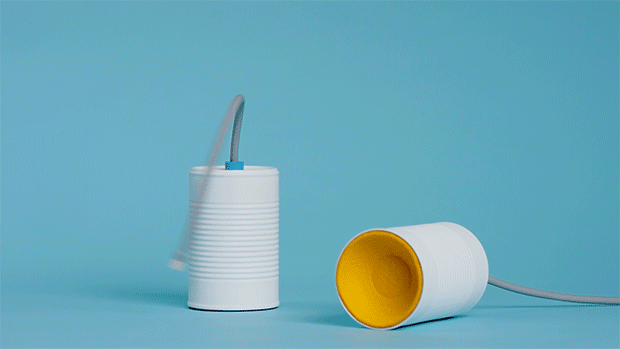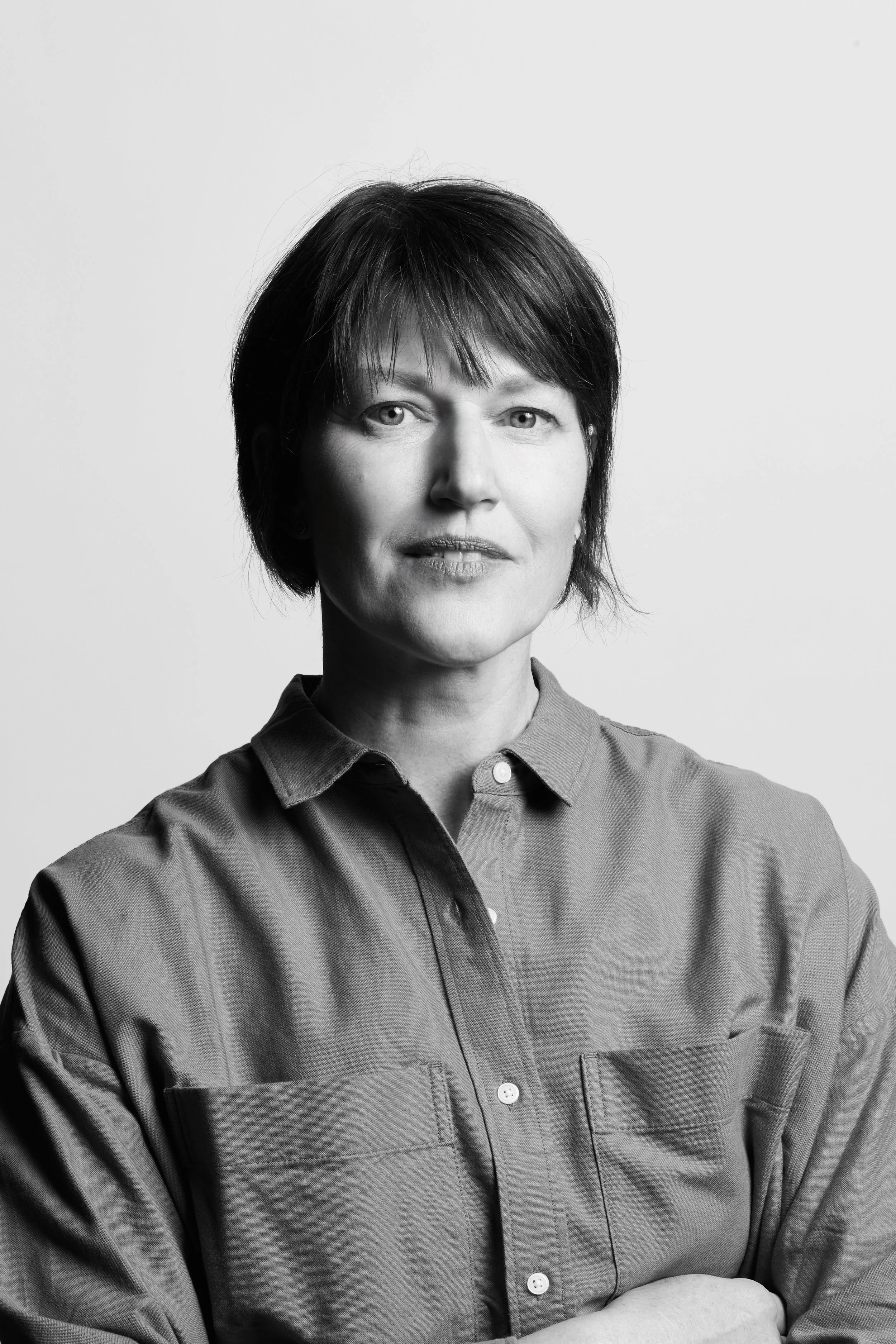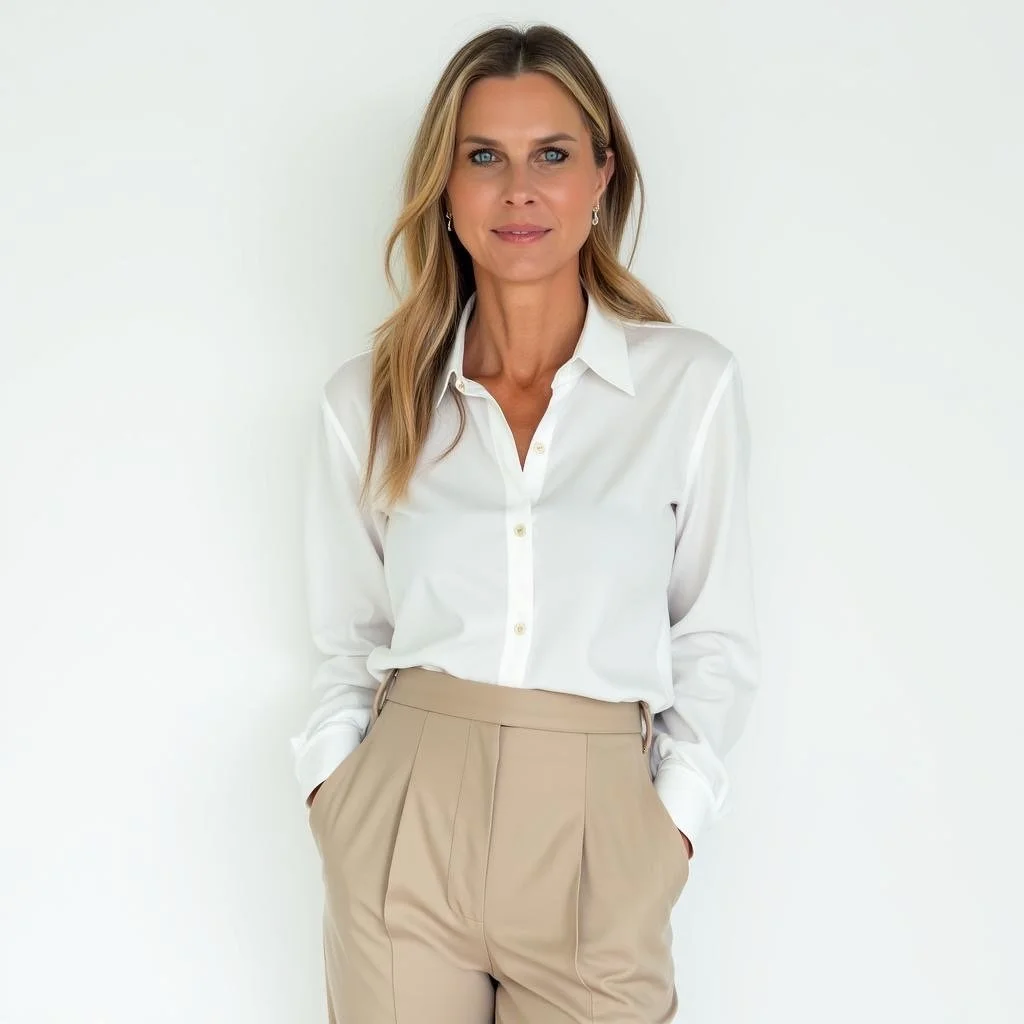Ep. 86: Designer of Joy Ingrid Fetell Lee
Designer, researcher and author Ingrid Fetell Lee spent her childhood traveling back and forth between divorced parents, indulging her curiosity during unstructured time, and losing herself in books and her journal. Her professional path routed her through creative writing, market research and industrial design on the way to dedicating her life to the study of joy, and helping people understand the very profound effects our surroundings have on our well-being. It’s powerful and paradigm-shifting work!
Follow Ingrid at aestheticsofjoy.com and on Twitter, Facebook and Instagram. More about her book Joyful here.
What is your earliest memory?
I’m not sure if it’s my earliest memory, but I have a very early memory of standing on a stool at the sink playing with the bubbles from the dish soap at my grandparents house. The dish soap was an electric shade of pink, and my Nana used to squeeze extra into the sink so I could play with the clouds of foam when the dishes were done.
How do you feel about democratic design?
Do you mean the idea of design — and the tools of design — being democratized so that it’s accessible to more people? Fundamentally, I believe that everyone deserves good design. And I believe we’re all inherently creative, and that the structure of our economy and our educational system has taken that away from many of us — relegating us to a role of consumers, as opposed to creators. So to me, anything that helps people reclaim their natural intuition for what feels good in their surroundings and their sense of agency with respect to creating the world that they want to live in is a good thing.
At the same time, I also believe that just like anything else, the more study and practice we devote to a subject, the more facile we get with it. Learning and practicing art and design, studying the history of these disciplines and understanding successes and mistakes made over time, working with color and structure and materials in real world conditions — this experience makes a designer’s perspective unique and vital, even in a world where everyone is in some sense a designer.
Ingrid with her Nana
What’s the best advice that you’ve ever gotten?
If you make a decision based on love, you’re unlikely to regret it. But if you make a decision based on fear, there’s a good chance you’ll come to regret it later.
This came from my aunt, who is a therapist. Whenever I have a big decision to make, I ask myself, will this bring me closer to something or someone I love or care about? Or am I doing this out of fear? (Fear of failure, fear of disappointing someone, fear of change or growth…) Love expands our world, fear contracts it.
MonYay, a project Lee worked on with IDEO
A young Ingrid
How do you record your ideas?
I’m a longhand writer and a creature of habit. I use a Muji spiral bound notebook, unlined paper, and a black Le Pen for most writing and idea generation. Sometimes I do little sketches in the margins of my notebooks.
In the digital world, I use Notion for gathering ideas, notes, and research. I also use it for writing drafts. It’s so flexible, it’s like a customizable external brain.
What’s your current favorite tool or material to work with?
I love morning pages. I don’t do them every day, but I do them whenever I’m working on something big or demanding. I discovered them while working on Joyful. There was one chapter that I was really stuck on, and it created a lot of anxiety — I would wake up stressed out about having to sit down at my draft and figure out where to go next.
The habit of morning pages created a buffer: all I had to think about in the morning was sitting down and writing three pages that could be complete nonsense. It got me warmed up and allowed me to think in a more flexible way about the problems I was facing in a particular section. I often arrive at solutions during morning pages; by coming at things from a low-pressure, oblique perspective, it allows me to see things I wouldn’t if I just got straight into the work.
What book is on your nightstand?
The best book I read in the past year was Circe, by Madeline Miller—a feminist retelling of the Odyssey, from the perspective of the scorned, spurned witch? The characters are amazing, the world lush and vivid. I couldn’t put it down.
Why is authenticity in design important?
If I’m being really honest, I hate the word authenticity. I think it’s overused to the point where it has no meaning, and the irony is, talking about being authentic is usually a sign that something is at risk for not being authentic.
When design is honest in its intention, respectful of the cultures and individuals it serves, and sensitive to its surroundings, it will end up feeling authentic.
Favorite restaurant in your city?
I just discovered ABC V and I’m obsessed.
What might we find on your desk right now?
An open notebook, a tray with 6 colors of Le Pens and some spiral paperclips, a small collection of my most-referenced books (A Pattern Language, Architecture of Happiness, A Natural History of the Senses, The Describer’s Dictionary, among them), a stack of unpaid bills, a plant, a dish full of confetti, and a tiny stuffed Totoro (from the Miyazaki movie).
Who do you look up to and why?
The writer Jean Craighead George, who was my neighbor as a child. Jean lived life with an effervescence that seeped out into everything she did. She traveled the far corners of the earth, while serving as an advocate for wildlife and endangered species. She connected people to the beauty she saw in the natural world through her books, helping to awaken that same love in so many people. And she managed to find harmony between having a career and raising three children at a time when few women were able to do this.
Lolzzz is part of the MonYay project, an alarm clock that wakes you gently with a child’s joyful laughter.
Part of the MonYay project, Sincerely app will ask you to record a thank you note to a friend and then will share the responses the following day (Monday) through a bluetooth version of the tin can-and-string phones we used as kids.
What’s your favorite project that you’ve done and why?
Whatever I’m working on at the moment is usually my favorite project. Because I’m naturally curious, I quickly get immersed and the subject at hand becomes the most fascinating thing I’ve ever worked on. I can’t share that much at the moment, but right now I’m working with a client on translating the aesthetics of joy to a series of spaces, and getting to see how this could radically change people’s experience of a day-to-day service is profound.
What are the last five songs you listened to?
Love Lies - Khalid
Get Low - James Vincent McMorrow
The Greatest - Sia
Deep End - BenjiFlow
Eastside - benny blanco with Halsey and Khalid
Watch her TED talk:
Clever is produced by 2VDE Media. Thanks to Rich Stroffolino for editing this episode.
Music in this episode courtesy of El Ten Eleven—hear more on Bandcamp.
Shoutout to Jenny Rask for designing the Clever logo.


